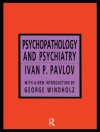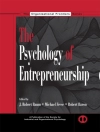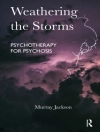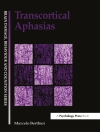Spirituality and religion are powerful forces in many people’s lives, yet they are usually relegated to the periphery of cognitive-behavioral therapy (CBT) research and practice. This highly practical, nonsectarian book describes how to identify and work with psychologically relevant facets of spirituality in the context of evidence-based treatment. David H. Rosmarin draws on cutting-edge theory and research to provide clear guidelines for conceptualizing positive and negative aspects of spirituality pertaining to common clinical concerns. Concrete examples throughout the book illustrate collaborative ways to harness spiritual beliefs and practices to help bring about cognitive, behavioral, and affective change. Four reproducible handouts can be downloaded and printed in a convenient 8 1/2′ x 11′ size.
Содержание
Introduction. Why Address Spirituality in CBT?
I. Theoretical and Empirical Foundations of Spirituality and CBT
1. Foundations of Spirituality, Religion, and CBT
2. Spirituality–Religion through a CBT Lens
3. The Dark Side of Spirituality
4. Applied Case Conceptualization
II. Techniques for Practicing Spiritually Integrated CBT
5. Getting Started: CBT Assessment of Patient Spirituality–Religion
6. Framing CBT with Spirituality–Religion
7. Spirituality–Religion and Cognitive Techniques
8. Spirituality–Religion and Behavioral Activation
Concluding Thoughts
Appendix. A Philosophical Approach to Spirituality and CBT
Об авторе
David H. Rosmarin, Ph D, ABPP, is Associate Professor in the Department of Psychiatry at Harvard Medical School and Director of the Spirituality and Mental Health Program at Mc Lean Hospital. He is also founder and director of the Center for Anxiety, a private practice with offices throughout metropolitan New York and in Boston. The author of more than 60 peer-reviewed scientific publications, editorials, and book chapters, Dr. Rosmarin is a clinical innovator and prolific researcher on spirituality and mental health who is widely cited in the media. Clinically, he provides behavior therapy for patients presenting with anxiety, affective, personality, psychotic, somatoform, and other disorders, while attending to relevant spiritual factors.












